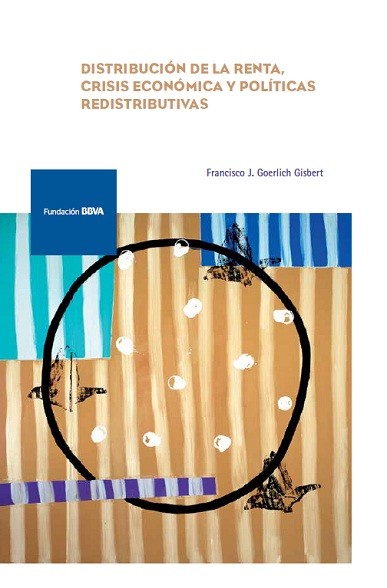
PublicationMonographs
Distribución de la renta, crisis económica y políticas redistributivas
This monographic publication looks in detail at the recent evolution of income distribution in Spain, before and after the crisis unleashed in 2007.
The approach taken has been to use a standardized database, the Living Conditions Survey (Encuesta de Condiciones de Vida), and track the process of income generation right from the outset, i.e., with individual market income. This income is aggregated into what we call “household market income,” which is acted on by the public sector through two mechanisms with a major redistributive impact: 1) the monetary transfers made to households, and 2) the direct taxes these households pay. By adding the amount of such transfers to market income and subtracting taxes paid, we get a figure for household disposable income. Finally, we analyze the redistributive effects of in-kind transfers from the public sector in the form of education and healthcare.
The study shows that income distribution has deteriorated severely since the recession of 2007, and that this deterioration owes mainly to labor market developments. It also shows the significant redistributive effects of public sector intervention on the initial distribution of market income via social transfers, direct taxation and the provision of in-kind public services (healthcare and education). These services, which tend to be left out of distributive analyses, are found to have important effects on both the level of income and its distribution.
The book is written in an accessible way, avoiding technical terms, and should find readers among those interested in the study of redistribution policies as well as scholars wishing to explore the use of the Living Conditions Survey.
